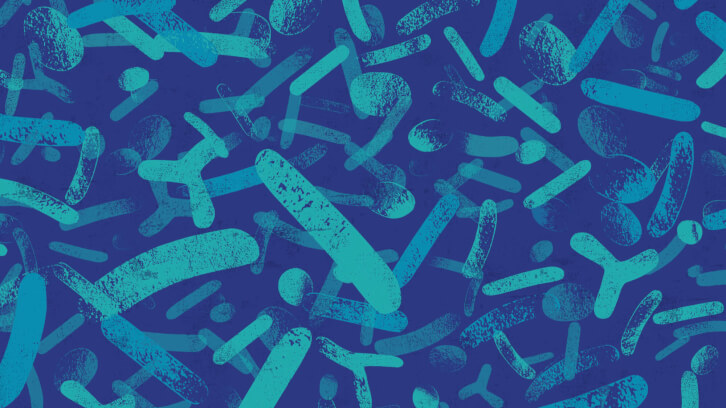Scientists from the Sorbonne Université (France) and the University of Bonn (Germany) reported that seven weeks of supplementation with the probiotic plus prebiotic mix led to participants being increasingly willing to waive a monetary payoff when treated unfairly.
The synbiotic supplement was found to change levels of the dopamine-precursor tyrosine, which offers a potential link to microbiota-gut-brain axis.
“These results improve our understanding of the bidirectional role body–brain interactions play in social decision-making and why humans at times act ‘irrationally’ according to standard economic theory,” they wrote in PNAS Nexus.
The study deepens the understanding of the ‘gut-brain axis,’ a bidirectional interaction between the GI tract and the nervous system and implicates the ability of specific strains to produce key neurotransmitters like GABA, serotonin and dopamine.
Study details
The researchers recruited 101 participants to participate in their study and divided them into three groups: One received the synbiotic, one received a placebo, and one group did not receive anything.
The synbiotic used in the study was the commercial Biotic Junior product by MensSana, which is formulated to contain two billion CFUs per dose of Bifidobacterium lactis, Ligilactobacillus animalis, Lacticaseibacillus casei, Ligilactobacillus salivarius and Lactococcus lactis combined with prebiotic inulin.
Microbiome analysis showed a “subtle” change in the microbiome after seven weeks of supplementation. Specifically, this was reflected in the ratio of Firmicutes to Bacteroidetes, the two most common phyla. A balance between these two phyla is important for gut homeostasis, the researchers wrote.
A high Firmicutes to Bacteroidetes ratio, for example, has been linked to a Western diet and obesity, they said.
“We found that the higher the F/B ratio at baseline, the higher the change in the gut microbiome composition over time in the intervention group,” wrote the researchers. “Thus, the intervention had a greater impact on participants with an unbalanced intestinal microbiome before the intervention.”
Social-decision making was assessed by playing the ‘Ultimate Game’, which is a behavioral economics task where two players (one proposer and one responder) are required to share a sum of money. The former is given the money and decides how much to offer to the responder, who can either accept or reject the offer. If the responder rejects the offer, then neither player receives any money.
The results showed that the synbiotic supplement led to participants being less rational in a classical economic sense and became more altruistic and sensitive to the fairness of a monetary offer.
“We show that a dietary intervention changed the composition of the gut microbiome, which in turn changed people’s decisions in a standard social dilemma: Fairness became more important when deciding to accept or reject different monetary payoffs,” the researchers wrote.
“Our results provide causal evidence for effects of the gut microbiome composition on social decision-making and point to a role of the dopamine-precursor tyrosine. They provide new insights on the role of the microbiome–gut–brain axis for social behavior and highlight the importance of a balanced diet for social behavior, with potential implications for education and policy.”
Source: PNAS Nexus
May 2024, Volume 3, Issue 5, page166, doi: 10.1093/pnasnexus/pgae166
“Impact of the gut microbiome composition on social decision-making”
Authors: M. Falkenstein et al.
